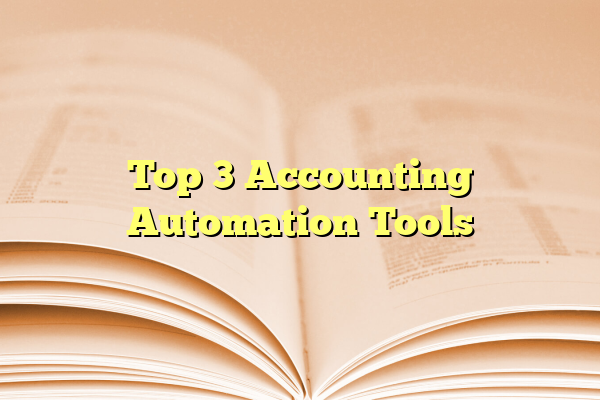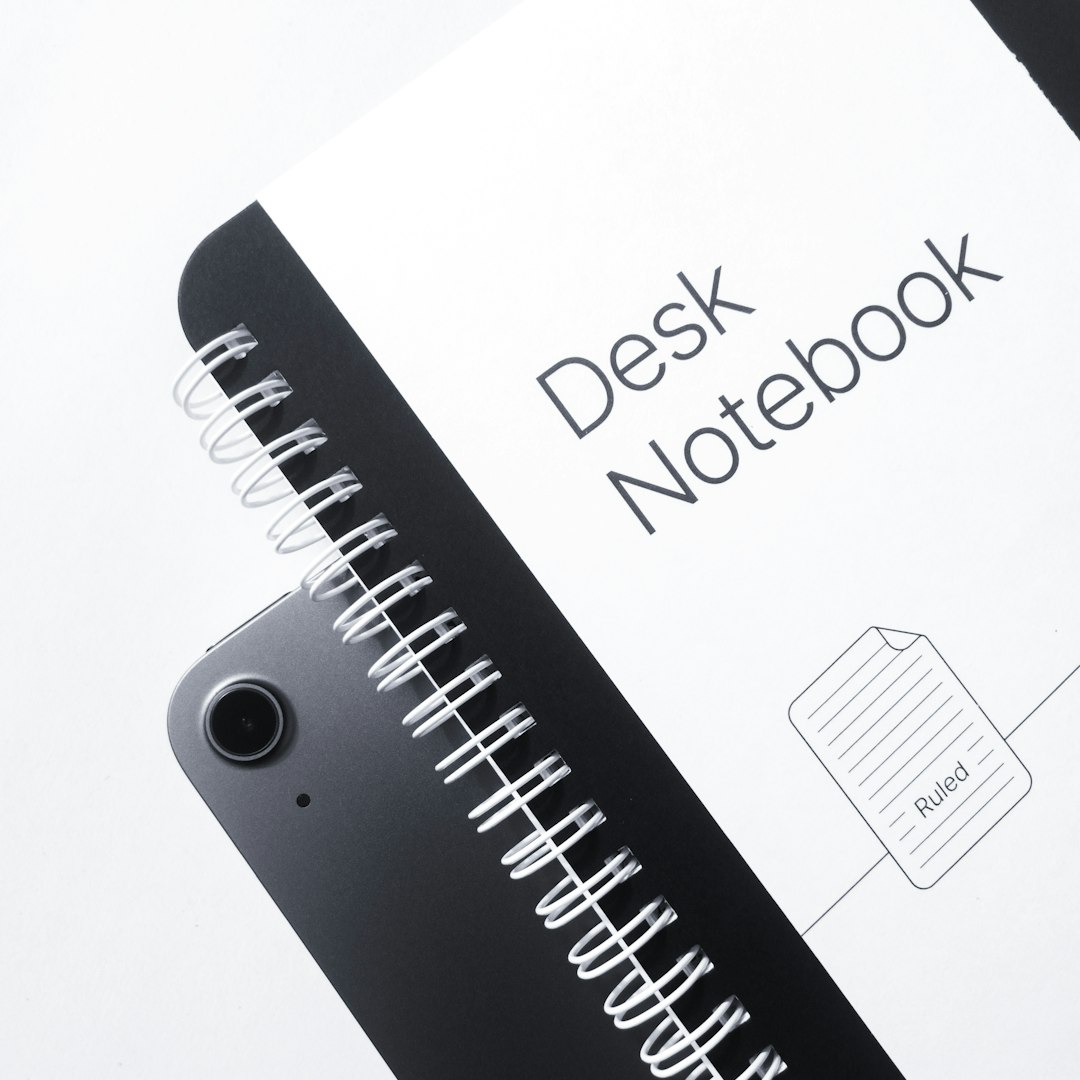
Top 3 Accounting Automation Tools
With the rise of digital technology, businesses are increasingly adopting automation to streamline various processes—accounting being a top priority. Manual bookkeeping is not only time-consuming but also prone to errors. To boost productivity and maintain financial accuracy, many companies are turning to accounting automation tools. These platforms simplify complex accounting tasks such as invoicing, expense tracking, bank reconciliation, and financial reporting. Below are the top three accounting automation tools making the biggest impact in today’s business world.
Contents
1. QuickBooks Online
QuickBooks Online by Intuit is one of the most popular accounting tools for small and medium-sized businesses. Boasting a user-friendly interface and robust features, it provides comprehensive solutions for managing finances effortlessly.
Key Features:
- Automated invoicing and payment processing
- Real-time bank reconciliation
- Automatic tax calculation and filing
- Custom financial reports and dashboards
- Third-party integrations with popular tools like PayPal, Square, and Shopify
QuickBooks Online uses AI to categorize transactions and alert users to unusual spending patterns. This kind of automation helps in detecting discrepancies early, ensuring more accurate financial records.

2. Xero
Xero is another top-tier accounting automation tool, especially favored by startups and small enterprises worldwide. Known for its sleek design and powerful features, Xero offers a cloud-based platform that makes financial data accessible in real time.
Key Features:
- Automatic bank feeds and reconciliation
- Online bill payments and expense tracking
- Payroll integration with automated tax filings
- Multi-currency support
- Smart AI features for matching transactions
Xero allows seamless collaboration with accountants and team members, making financial management transparent and efficient. The platform also comes with a mobile app, allowing users to access financial data on the go.

3. Zoho Books
Zoho Books is a powerful yet cost-effective accounting tool, ideal for freelancers and growing businesses. It’s part of the broader Zoho suite, making it easy to integrate with other apps like Zoho CRM and Zoho Inventory.
Key Features:
- Recurring invoicing and payment reminders
- Automatic payment scheduling and batch payments
- Bank feeds and automated reconciliation
- AI-based transaction categorization
- Comprehensive GST and VAT compliance
Zoho Books excels in providing a seamless user experience while maintaining enterprise-level functionality. Its automation features significantly reduce the manual workload, enabling business owners to focus on growth and strategy.
Conclusion
Accounting automation tools like QuickBooks Online, Xero, and Zoho Books are revolutionizing how businesses manage their finances. These platforms not only save time but also minimize human error and improve accuracy. Investing in an accounting automation system is no longer optional—it’s essential for scalability and financial health. By choosing the right tool based on specific business needs, companies can unlock efficiency, better compliance, and insightful financial reporting.
Frequently Asked Questions (FAQ)
1. What is accounting automation?
Accounting automation refers to the use of software to handle repetitive financial tasks like data entry, invoicing, bank reconciliation, and reporting. It improves efficiency and reduces human error.
2. Are these tools suitable for small businesses?
Yes, all the mentioned tools—QuickBooks Online, Xero, and Zoho Books—offer features tailored for small and medium-sized businesses, including affordable pricing plans and user-friendly interfaces.
3. Can I integrate these tools with other software?
Absolutely! Most accounting tools support integrations with other platforms such as payment gateways, e-commerce websites, CRMs, and inventory management systems.
4. Do these tools offer mobile access?
Yes, QuickBooks, Xero, and Zoho Books all have mobile apps that allow you to manage finances, send invoices, and monitor cash flow from anywhere.
5. Is my data secure with these tools?
These tools use advanced encryption and follow industry best practices to ensure that your financial data remains safe and secure.
